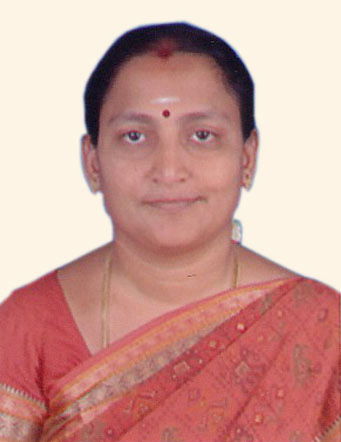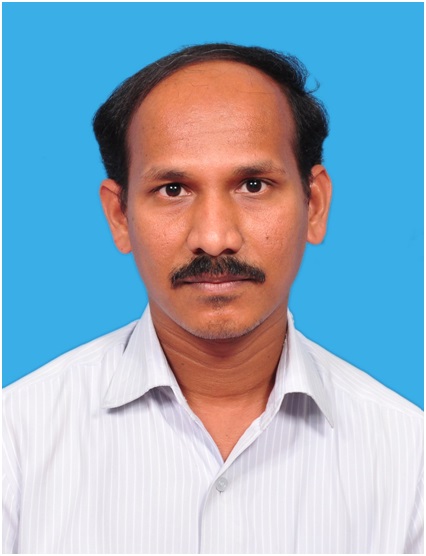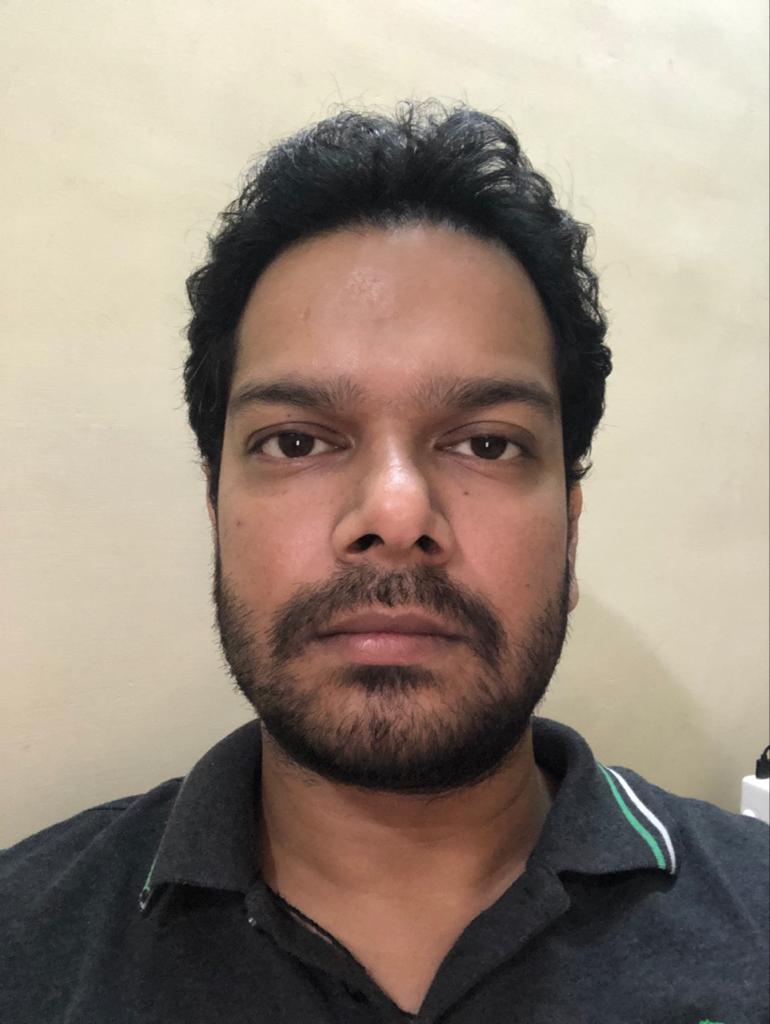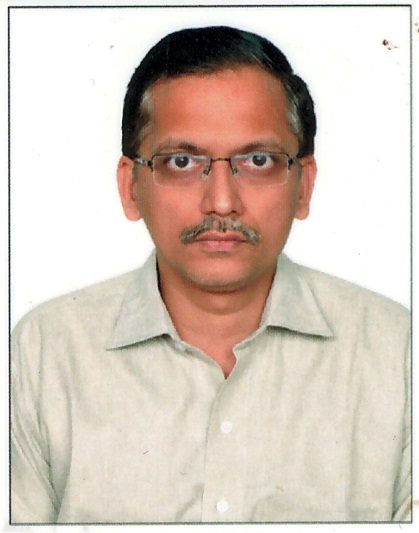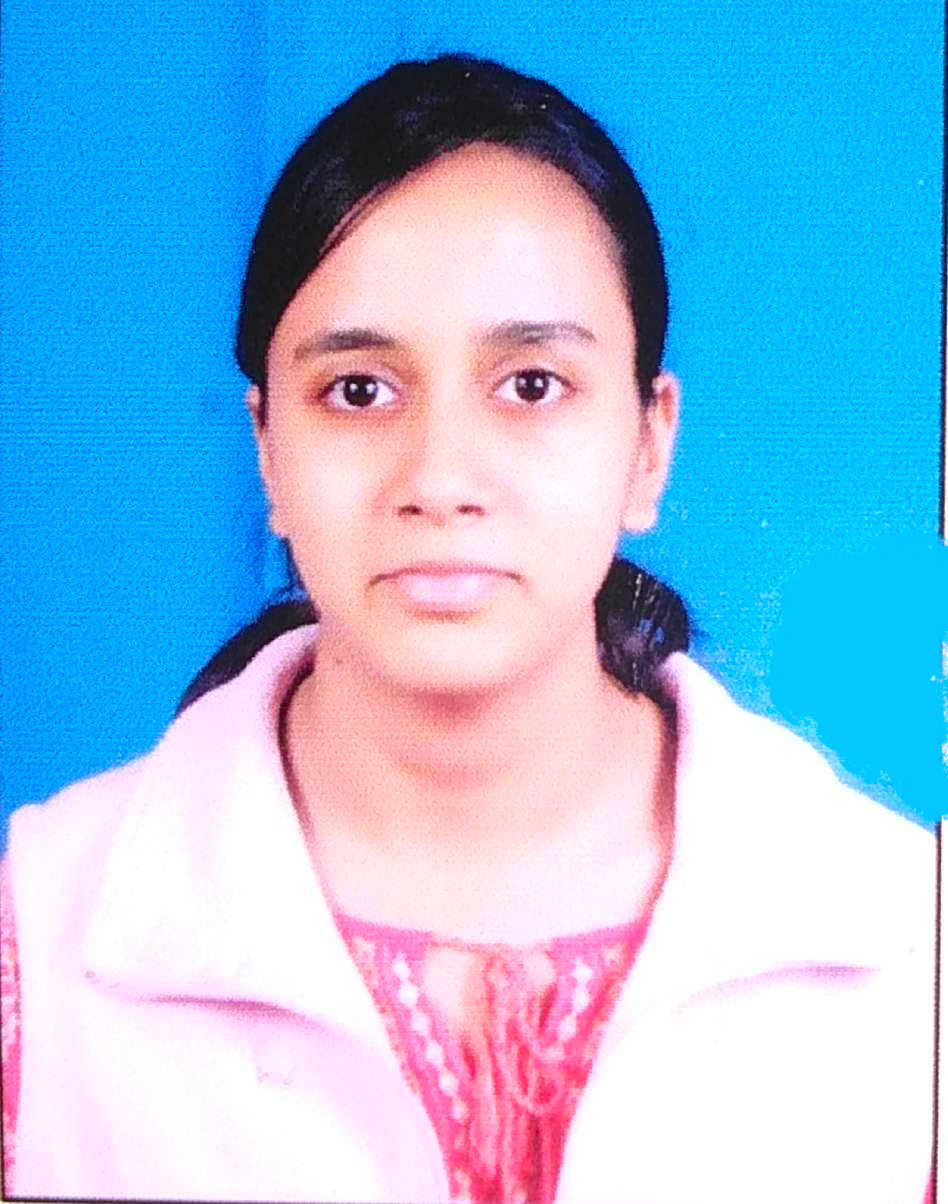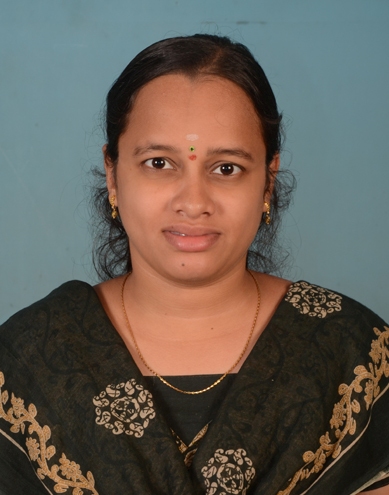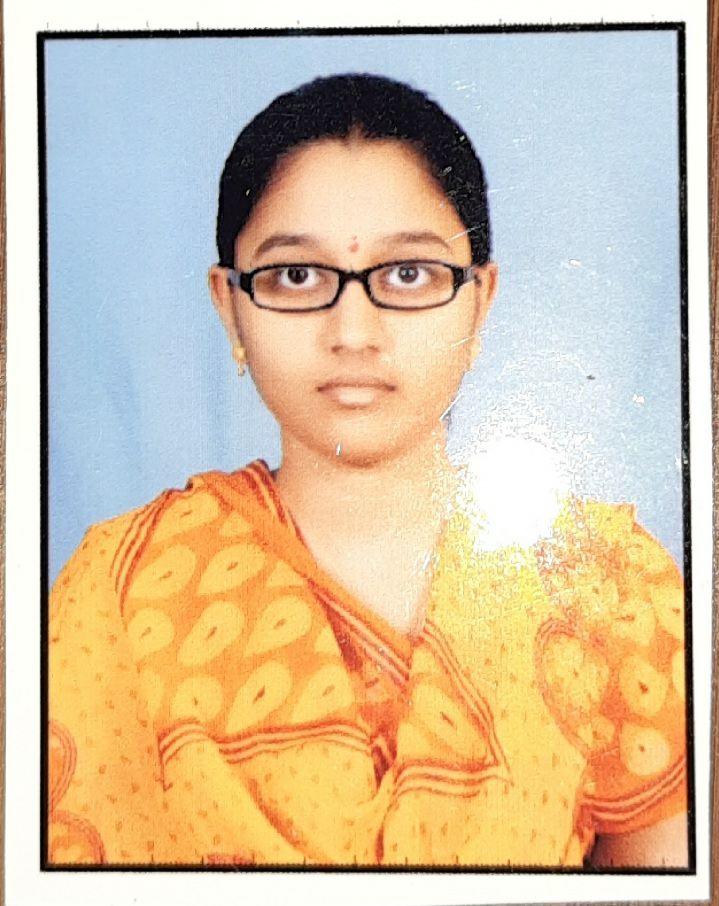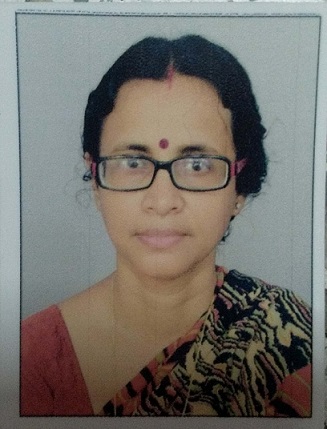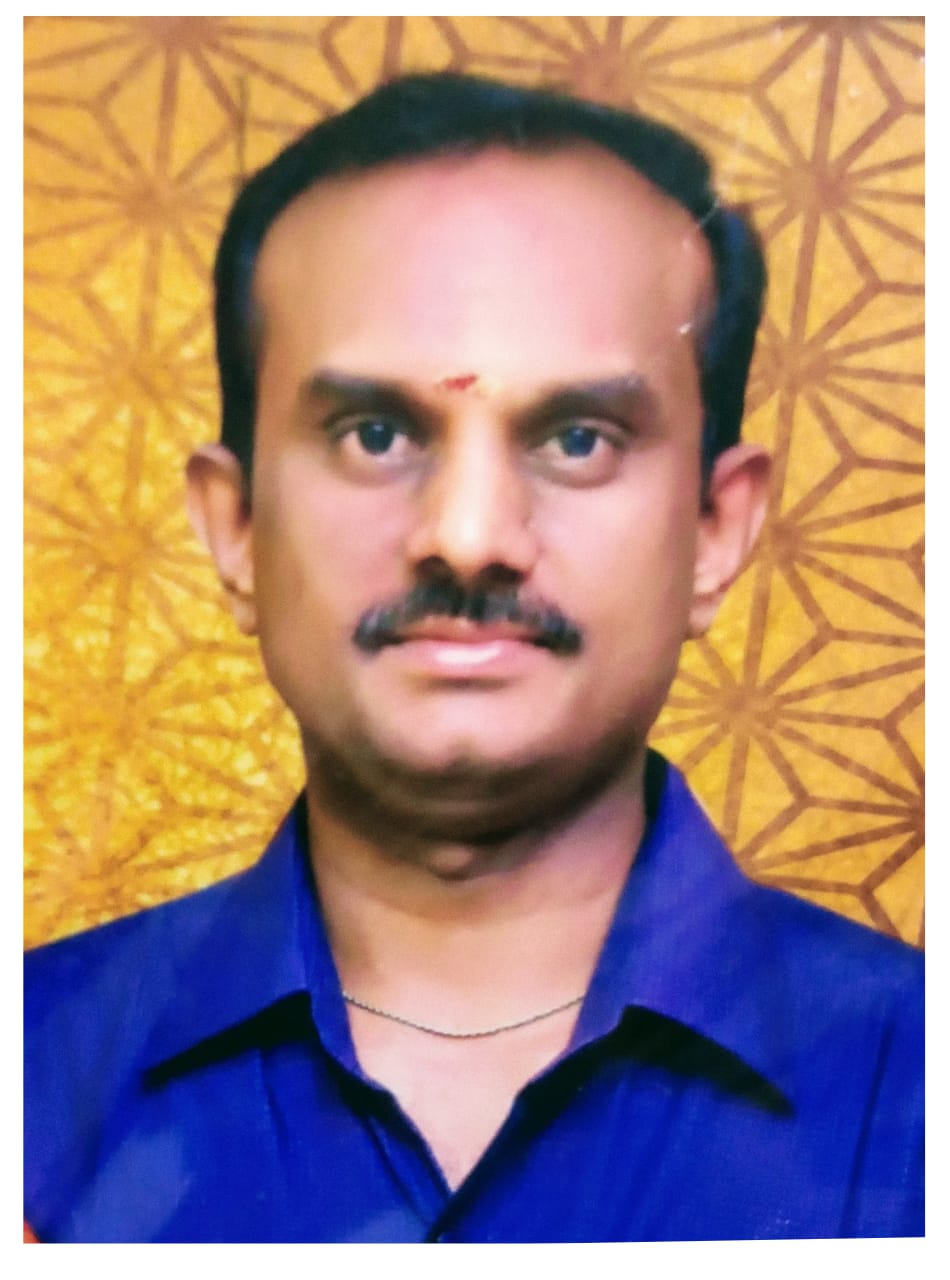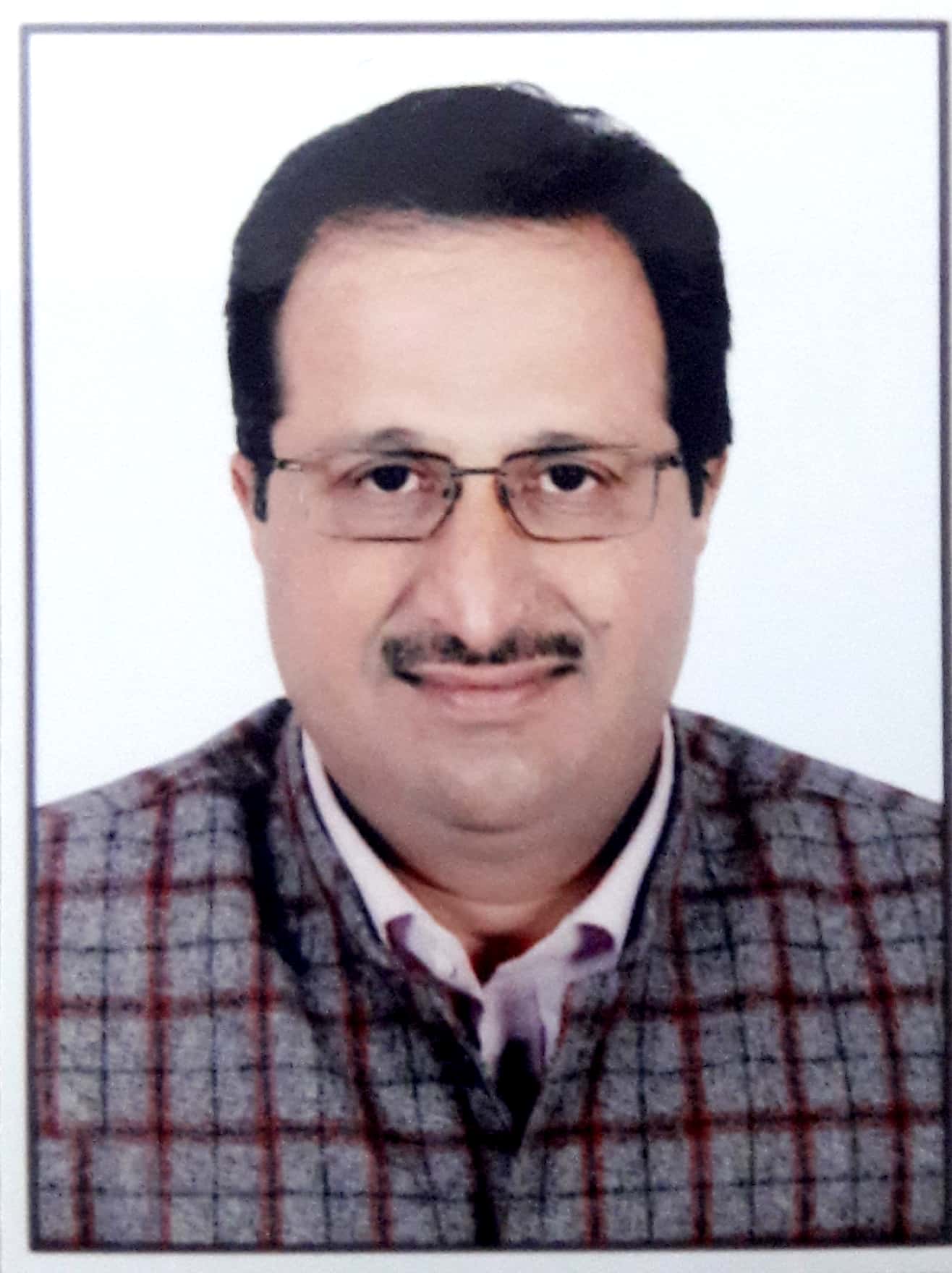Course abstract
This course will discuss the overall scenario of E-Waste management in India in comparison with other countries around the globe. At first, the present scenario of E-Waste management in India (mostly informal) will be discussed along the role of various stakeholders. Then, the effects of recycling and management of Electronic Waste on human health, environment and society will also be presented. This will be followed by the risk assessment owing to pollutants released from E-Waste recycling in soil, air and water. The possible option of extraction of Rare-Earth Minerals will also be discussed in this course. TheE-Waste management Rules of India and around the Worldwill be compared. Finally a Life-Cycle Analysis approach will be employed for a possible sustainable solution of E-Waste Management for cutting the ill-effects of informal recycling. The topics will include: Composition of E-Waste and its generation rates across the world; The various processes of informal E-Waste management and its ill-effects on health and society; Formal Metal extraction processes from E-Waste; Life-Cycle-Analysis (LCA) and sustainable engineeringfrom electrical and electronics industry perspectives. The existing E-Waste Management rules in India and comparison with other countries around the world, the Extended Producer Responsibility (EPR) and other take-back system. A major focus of this course will be the role of E-Waste management within the various initiatives of the Govt. of India including: Swachh Bharat Mission, Smart Cities as well as Make in India. The challenges of E-Waste management for smart cities will also be discussed taking few case studies from various developing nation around the globe. This will be followed by overview of the Electronic Waste (E-Waste) management issues in India in general and for the smart cities in particular. The new rules such as Extended Producer Responsibility (EPR) with respect E-Waste Management will also be covered in these course.
Course Instructor

Prof. Brajesh Kumar Dubey
Professor Brajesh Kr. Dubey has his bachelors degree in Civil Engineering (Hons) from Indian Institute of Technology (IIT) Kharagpur, India and PhD in Environmental Engineering Sciences, University of Florida, Gainesville, Florida, USA. He is presently Associate Professor (Integrated Waste Management and Sustainable Engineering) in the Division of Environmental Engineering and Management at Indian Institute of Technology (IIT), Kharagpur, India. Dr. Dubey has more than 17 years of research, teaching, training and industrial outreach experience in the areas of Integrated Solid and Hazardous Waste Management, and Sustainable Engineering and Application of Life Cycle Assessment techniques. He also works in the area of Life Cycle Analysis and Sustainable Engineering.He has been teaching courses in the area of Solid Waste Management,Hazardous Waste Management, Life Cycle Analysis and Environmental Risk Assessment among other courses for nearly a decade.More info
Teaching Assistant(s)
No teaching assistant data available for this course yetCourse Duration : Jan-Feb 2021
View Course
Syllabus
Enrollment : 18-Nov-2020 to 25-Jan-2021
Exam registration : 15-Jan-2021 to 12-Feb-2021
Exam Date : 21-Mar-2021
Enrolled
4669
Registered
1320
Certificate Eligible
1107
Certified Category Count
Gold
56
Silver
320
Elite
433
Successfully completed
298
Participation
86
Legend
AVERAGE ASSIGNMENT SCORE >=10/25 AND EXAM SCORE >= 30/75 AND FINAL SCORE >=40BASED ON THE FINAL SCORE, Certificate criteria will be as below:
>=90 - Elite + Gold
75-89 -Elite + Silver
>=60 - Elite
40-59 - Successfully Completed
Final Score Calculation Logic
- Assignment Score = Average of best 3 out of 4 assignments.
Final Score(Score on Certificate)= 75% of Exam Score + 25% of Assignment Score.
Note:
We have taken best assignment score from both Jan 2020 and Jan2021 course
Enrollment Statistics
Total Enrollment: 4669
Registration Statistics
Total Registration : 1320
Assignment Statistics
Exam score
Final score
.jpg)
.jpg)
.jpg)
.jpg)



